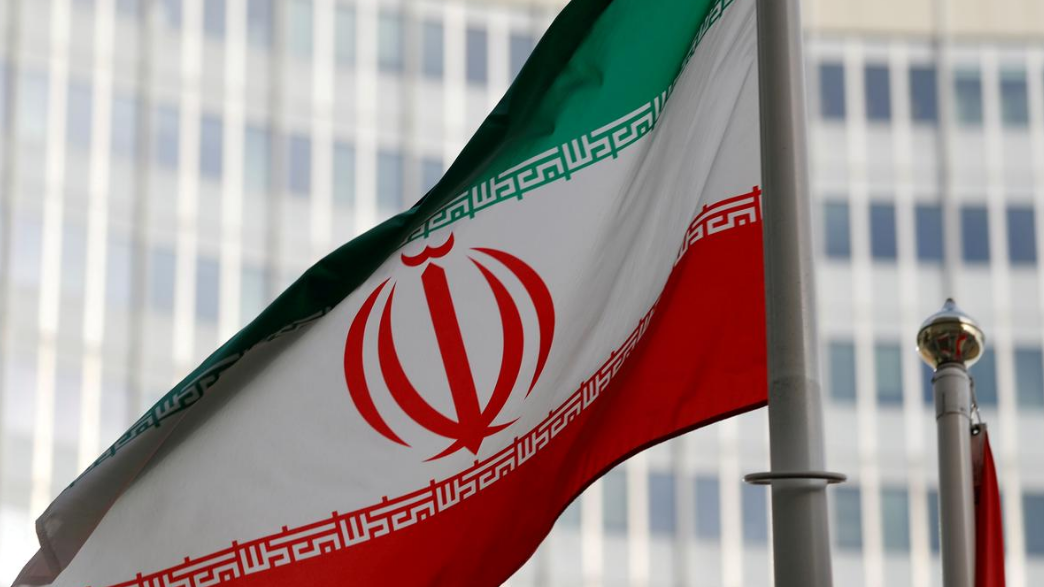

Iran has breached the limit of its enriched uranium stockpile set in a 2015 deal with major powers, Foreign Minister Mohammad Javad Zarif said on Monday, according to the ISNA news agency, defying a warning by European co-signatories to stick to the deal despite U.S. sanctions.
Zarif confirmed that Iran had exceeded the relevant limit of 300 kg of uranium hexafluoride (UF6), but Foreign Ministry spokesman Abbas Mousavi said Iran's steps to decrease its commitments to the nuclear deal were "reversible."
Read more: Iran's FM says U.S. should respect Iran if it wants to negotiate
The International Atomic Energy Agency (IAEA) "verified on July 1 that Iran's total enriched uranium stockpile exceeded 300 kilograms," a spokesperson said, shortly after Tehran announced it had crossed the limit in retaliation to new U.S. sanctions.
Enriching uranium to a low level of 3.6 percent fissile material is the first step in a process that could eventually allow Iran to amass enough highly-enriched uranium to build a nuclear warhead.
Last Wednesday, the IAEA verified that Iran had roughly 200 kg of low-enriched uranium, just below the deal’s 202.8 kg limit, three diplomats who follow the agency’s work told Reuters. A quantity of 300 kg of UF6 (uranium hexafluoride) corresponds to 202.8 kg of LEU.
After talks on Friday in Vienna, Iran said European countries had offered too little in the way of trade assistance to persuade it to back off from its plan to breach the limit, a riposte to U.S. President Donald Trump's decision last year to quit the deal and reimpose economic sanctions.
Mousavi urged them on Monday to step up their efforts. "Time is running out for them to save the deal," state TV quoted him as saying.
The deal between Iran and six world powers lifted most international sanctions against Iran in return for restrictions on its nuclear work aimed at extending the time Iran would need to produce a nuclear bomb, if it chose to, from roughly 2-3 months to a year.

Copyright © 2018 CGTN. Beijing ICP prepared NO.16065310-3
Copyright © 2018 CGTN. Beijing ICP prepared NO.16065310-3